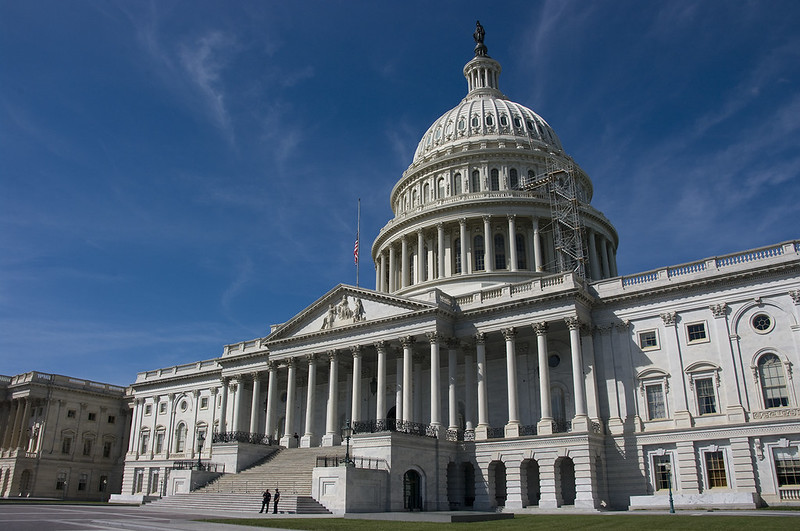
ATR President Grover Norquist today released a letter in support of the “Protecting Retirement Savers and Everyday Investors Act,” legislation that prohibits states from imposing financial transactions taxes (FTT) on American savers and investors across the country.
All members of Congress should support and co-sponsor this legislation.
You can read the full letter here or below:
Dear Representatives McHenry and Huizenga:
I write in support of the “Protecting Retirement Savers and Everyday Investors Act,” legislation that prohibits states from imposing financial transactions taxes (FTT) on American savers and investors across the country. All members of Congress should support and co-sponsor this legislation.
New Jersey Democrats are pushing an FTT on transactions processed by national exchanges at data center operations in the state. This would impose a tax of between 0.10 and 0.25 cents on trades of stocks, options, and futures.
If implemented, this tax would result in significant harm to investors in the state. According to a study by Modern Markets Initiative, the New Jersey FTT could cost the state pension fund between $2.2 billion and $8 billion over the long-term. It could also cost NJ residents with a 529 college savings plan between $200 million and $560 million and NJ investors and 401(k) plan holders between $200 million and $8 billion.
Because the tax would be imposed on transactions processed by the exchanges in the state, it would harm investors across the country, not just those in New Jersey. Your legislation would protect against this by prohibiting a financial transactions tax on taxpayers outside a state’s borders.
FTTs represent another attempt by the left to create new and higher taxes on the American people and grow the size and scope of government. If implemented, this tax would have broad, negative economic effects. It would impose an additional layer of taxation on top of corporate income taxes, capital gains taxes, and individual income taxes. This would impose a barrier to trades, which could increase the cost of capital and reduce economic productivity.
An FTT would especially impact 401(k)s, pensions, and index funds. These funds make frequent trades, so the tax would increase the costs of buying and selling, resulting in lower returns. This tax could even increase market volatility as investors would be less likely to buy and sell. It also punishes shareholders who have strategically invested, saved and planned for a prosperous future.
FTTs fail to raise significant revenue because they reduce trades and increase the cost of capital. In fact, an analysis by the Congressional Budget Office found that imposing a FTT would “decrease the volume of transactions and would make some types of trading activity” and “probably reduce output and employment.”
This is not hypothetical. FTTs have failed when they have been tried overseas. For instance, in 1984, Sweden imposed a financial transaction tax. However, this tax lasted just six years due to investors fleeing to foreign markets. This is not an isolated occurrence- when Italy and France imposed FTTs in 2012, both countries raised less than a quarter of expected revenues.
The effort by blue states to impose FTTs should be rejected. These taxes have failed where they have been tried before, would harm economic growth and investment, and would fail to raise any significant revenue.
The Protecting Retirement Savers and Everyday Investors Act would protect Americans from FTTs by ensuring that states could not impose them on taxpayers across state lines. All members of Congress should co-sponsor and support this important, pro-taxpayer legislation.
Onward,
Grover Norquist
President, Americans for Tax Reform

